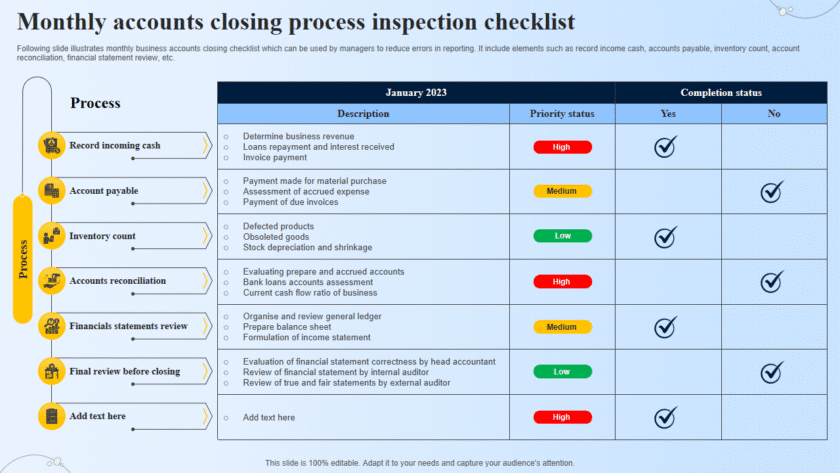Why Data Protection is Important to Cybersecurity
Data protection is a critical aspect of cybersecurity because it involves safeguarding sensitive information from unauthorized access, misuse, or theft. In the digital age, data is one of the most valuable assets for individuals, businesses, and governments. The importance of data protection in cybersecurity can be understood through several key points:
1. Preventing Data Breaches
- Unauthorized Access: Effective data protection measures prevent unauthorized individuals from accessing sensitive information. This is crucial in avoiding data breaches, where large amounts of personal or corporate data can be exposed.
- Encryption: Protecting data through encryption ensures that even if data is intercepted or accessed without authorization, it cannot be read or used by unauthorized parties.
2. Protecting Privacy
- Personal Information: Data protection is essential for safeguarding personal information such as social security numbers, medical records, and financial details. This is fundamental to maintaining individual privacy and preventing identity theft.
- Confidential Communications: Ensuring that emails, messages, and other forms of communication are protected from eavesdropping helps maintain the confidentiality of private conversations.
3. Maintaining Trust
- Customer Confidence: Businesses that effectively protect customer data build trust with their clients. A data breach can severely damage a company’s reputation, leading to a loss of customer trust and business.
- Brand Integrity: Companies that are seen as trustworthy because they prioritize data protection are more likely to maintain strong brand integrity and customer loyalty.
4. Ensuring Regulatory Compliance
- Legal Obligations: Various laws and regulations, such as GDPR in Europe and HIPAA in the United States, require organizations to protect sensitive data. Failing to comply with these regulations can result in severe penalties and legal action.
- Avoiding Fines: Data protection helps organizations avoid fines and sanctions that can arise from data breaches and non-compliance with legal requirements.
5. Preventing Financial Loss
- Financial Data Security: Protecting financial information, such as credit card numbers and bank account details, is crucial to preventing fraud and unauthorized transactions.
- Cost of Breaches: Data breaches can result in significant financial losses, including the cost of legal fees, compensation to affected individuals, and the expense of improving security measures after an incident.
6. Supporting Business Continuity
- Data Integrity: Protecting data ensures that it remains accurate and unaltered, which is essential for the continuity of business operations. Corrupted or tampered data can disrupt business processes and lead to costly downtime.
- Backup and Recovery: Data protection includes regular backups, which are essential for recovering from cyberattacks like ransomware that may attempt to lock or destroy data.
7. Preventing Cybercrime
- Mitigating Cyber Threats: Protecting data reduces the risk of cybercriminals exploiting vulnerabilities to steal, alter, or misuse data. This is essential in combating various forms of cybercrime, including identity theft, fraud, and corporate espionage.
- Reducing Attack Surface: By implementing strong data protection measures, organizations reduce the potential points of attack that cybercriminals can exploit.
8. Safeguarding Intellectual Property
- Corporate Secrets: For businesses, protecting intellectual property (IP) is vital. IP includes trade secrets, patents, and proprietary technologies that provide a competitive edge. If stolen, it can significantly harm a company’s market position.
- Research and Development: Data protection is crucial for safeguarding the results of research and development activities, which could be highly valuable to competitors if leaked.
9. Enabling Safe Digital Transformation
- Adopting New Technologies: As organizations adopt new digital technologies (e.g., cloud computing, IoT), data protection becomes increasingly important to ensure these innovations are secure.
- Supporting Remote Work: Data protection is essential for enabling secure remote work, ensuring that employees can access necessary data without compromising its security.
10. Protecting National Security
- Defense Information: For governments, protecting sensitive data is crucial for national security. Breaches of classified information can have serious consequences, including compromising national defense strategies.
- Critical Infrastructure: Protecting data within critical infrastructure (e.g., power grids, healthcare systems) is vital to prevent disruptions that could have wide-ranging effects on public safety and national security.
Conclusion
Data protection is at the heart of cybersecurity because it directly safeguards the information that cybercriminals seek to exploit. It is essential for maintaining privacy, ensuring business continuity, building trust, and complying with legal requirements. Without effective data protection, the entire cybersecurity framework is weakened, making systems and networks vulnerable to a wide range of threats and potential damages.






